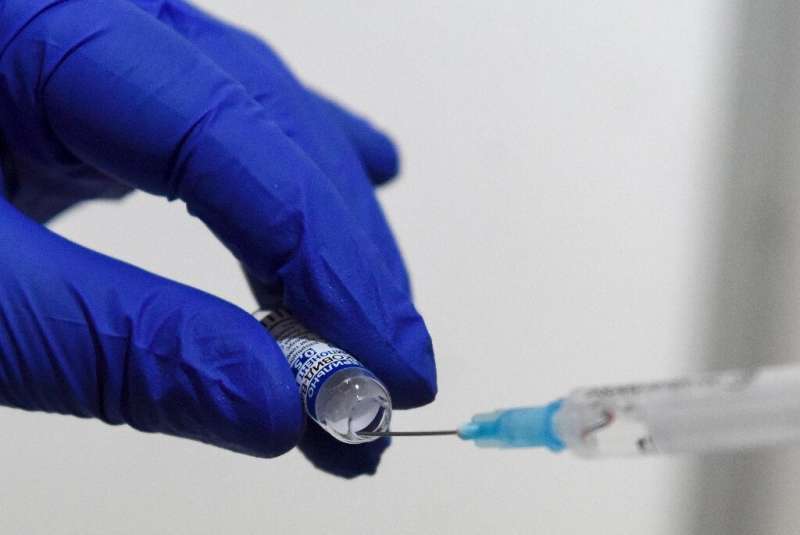
Argentina will be the first Latin American country to produce Russia’s Sputnik V coronavirus vaccine, according to Russia’s RDIF sovereign fund, which financed the development of the shot.
A deal to this end has been struck with Argentina’s Richmond pharmaceutical company, the fund announced on Tuesday.
The vaccine technology has been transferred to Richmond and full-scale production should start in June, RDIF said in a statement.
“Sputnik V is approved in more than 10 countries of Latin and Central America and production in Argentina will help facilitate deliveries to other partners in the region,” it quoted RDIF executive director Kirill Dmitriev as saying.
Richmond has already produced a first batch of 21,000 doses, which will be sent for quality control to Russia’s Gamaleya research institute, which developed the vaccine.
It will start in June to produce a million doses per month for a year, by when a new plant should be in service that is meant to produce five million doses per month.
“It will be a great opportunity to advance in the fight against the pandemic not only in Argentina, but also in Latin America,” said Argentina’s President Alberto Fernandez.
Richmond has received a government credit of some 30 million pesos (about $300,000), and will receive another 13 million pesos in financial assistance, it said.
On December 23, Argentina became the first Latin American country to approve Sputnik V, receiving 300,000 doses the following day to begin its immunization campaign.
Argentina has to date received nearly eight million vaccine doses, including almost 4.8 million doses of Sputnik V.
Some 5.6 million Argentines have received at least one vaccine dose to date, and 800,000 have received two shots.
Russia registered Sputnik V last August ahead of large-scale clinical trials, prompting concern among experts over the fast-track process.
But later reviews have been largely positive, with the medical journal The Lancet publishing results showing it to be safe and more than 90 percent effective.
Source: Read Full Article



